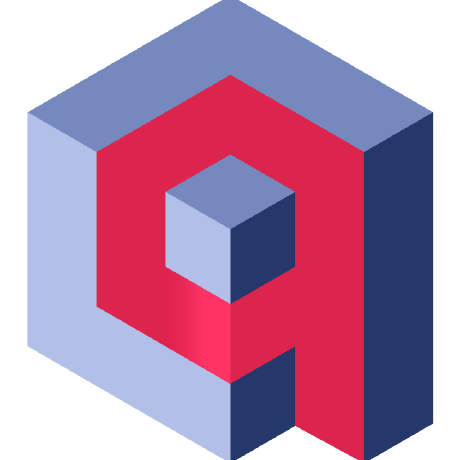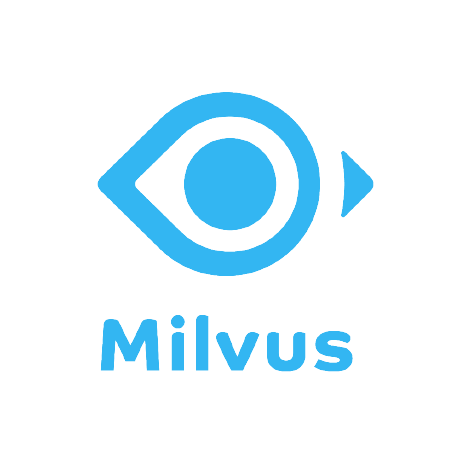Discover and explore top open-source AI tools and projects—updated daily.
TinyRAG by  KMnO4-zx
KMnO4-zx
TinyRAG is a hands-on RAG implementation for learning
Top 70.0% on SourcePulse
This repository provides a hands-on, from-scratch implementation of Retrieval-Augmented Generation (RAG) for Large Language Models (LLMs). It targets developers and researchers seeking to understand and experiment with RAG components without the complexities of integrating with frameworks like LlamaIndex or LangChain. The primary benefit is a simplified, modular codebase for learning and rapid prototyping of RAG pipelines.
How It Works
The RAG process is broken down into three core steps: indexing, retrieval, and generation. Documents are chunked and converted into vector embeddings using various methods (Zhipu, Jina, OpenAI). Retrieval is performed using a custom implementation that stores document chunks and their corresponding vectors in JSON files, accelerated by NumPy for cosine similarity calculations. The generation step utilizes supported LLMs (OpenAI, InternLM2) to produce answers based on the retrieved context. This approach emphasizes clarity and ease of modification for educational purposes.
Quick Start & Requirements
- Install dependencies:
pip install -r requirements.txt - Requires Python 3.10+
- Supports OpenAI, ZhipuAI, and Jina embedding models.
- OpenAI chat models are supported for generation.
- Official documentation and demo are available within the README.
Highlighted Details
- Custom vector store implementation using JSON and NumPy for simplicity.
- Supports multiple embedding models and LLMs with a clear extension mechanism.
- Focuses on educational value and ease of modification for experimentation.
- Includes references to key RAG research papers.
Maintenance & Community
The repository appears to be a personal project with no explicit mention of maintainers, community channels, or a roadmap.
Licensing & Compatibility
The repository's license is not explicitly stated in the README.
Limitations & Caveats
The implementation is explicitly stated as not being suitable for production environments and is intended solely for learning purposes. The custom vector store lacks the robustness and scalability of dedicated vector databases.
8 months ago
Inactive

 nuclia
nuclia Danielskry
Danielskry pgvector
pgvector qdrant
qdrant marqo-ai
marqo-ai huangjia2019
huangjia2019 elastic
elastic RUC-NLPIR
RUC-NLPIR FareedKhan-dev
FareedKhan-dev bragai
bragai lancedb
lancedb milvus-io
milvus-io